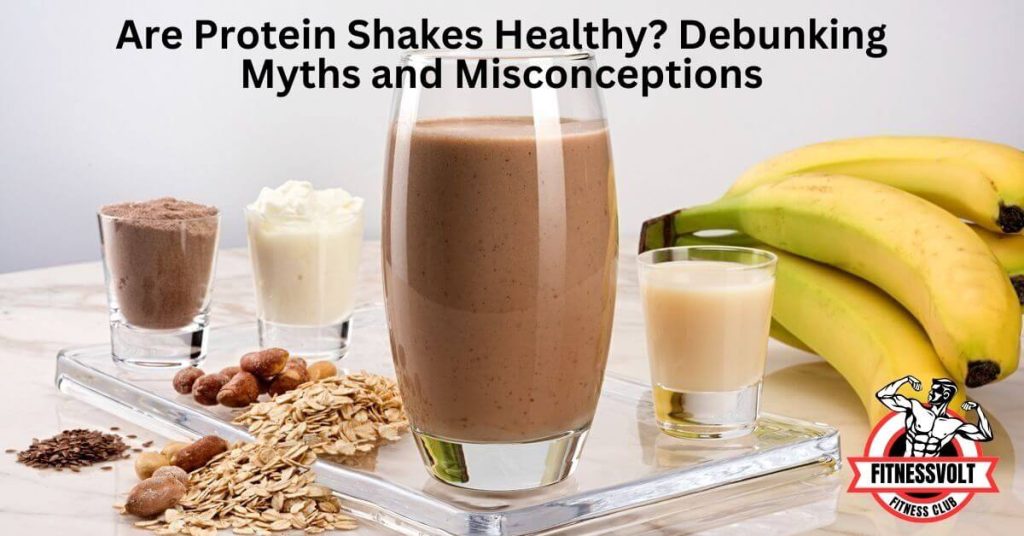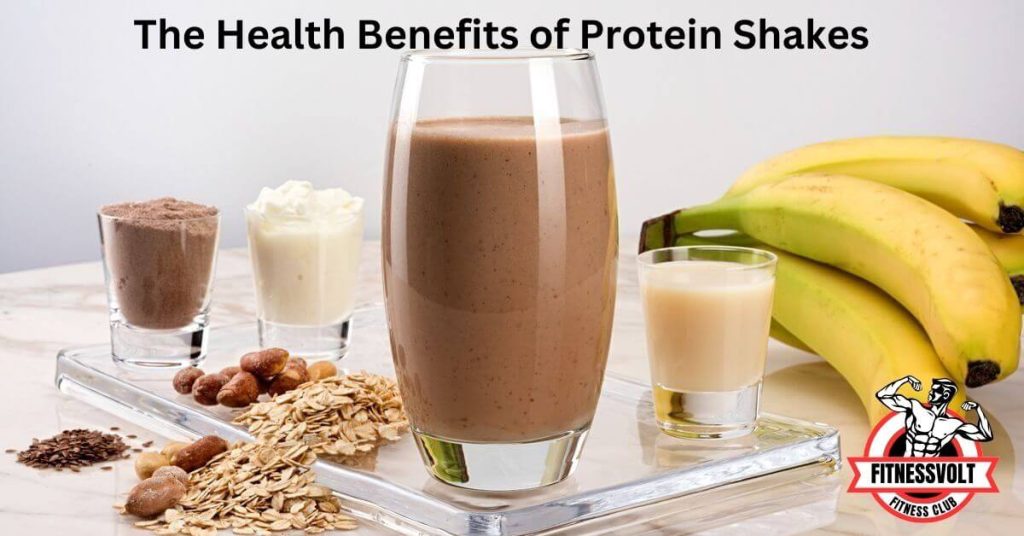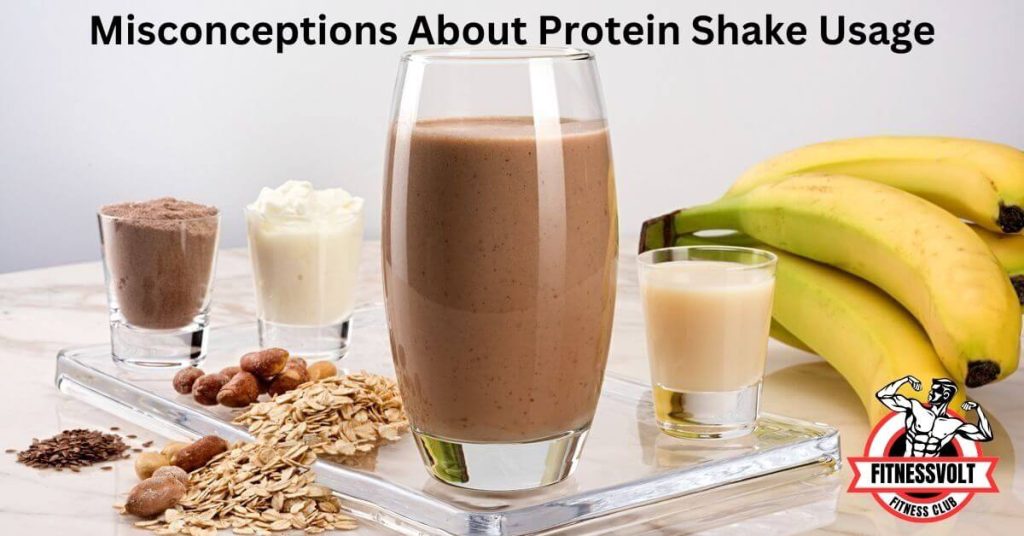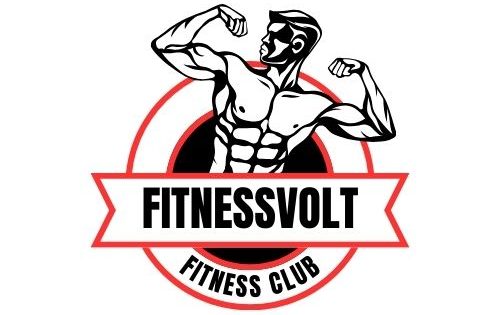Now there is protein shakes everywhere as a common denominator of modern fitness tradition and culture. They seem to be everywhere, from fitness fanatics adding it to their gym bag for an easy meal replacement on-the-go to Joe leather briefcase closing in the morning and heading out for a quick and nutritious bite. However, lots of nonsense and myths have come about as a result of their popularity. Do protein shakes work or are they hype? This article lists various health benefits of protein shakes, and also explodes common myths, and sheds light on misconceptions that will help you in making an informed decision.

What Are Protein Shakes?
Protein Shakes made by mixing protein powder with milk, water, or any other liquid. MYTH: Protein Shakes Are for Bodybuilders TRUTH: They are a fast and easy way to get high-quality protein. Whey, casein, soy or plant-based proteins are the most common types of protein powders used in those shakes. Those consuming protein shakes typically use them as a dietary supplement that helps to develop muscles, improve weight management, and is easier than fixing whole foods.
The Health Benefits of Protein Shakes

These are some of the reasons why protein shakes have become such a popular choice for people seeking after all sorts of goals related to health and fitness:
Supporting Muscle Growth and Recovery
Mostly, people take protein shakes to help muscle growth and recovery. Our muscles especially after exercises ( strength training), need more protein to heal and grow. Whey protein is also a fast-acting protein and digests at speeds much faster than slow digesting proteins, such as casein or eggs.
For example, muscle protein synthesis increases after exercise, and consuming a protein shake immediately following training maximizes this process.
Aiding in Weight Management and Fat Loss
Protein shakes are also very much beneficial for weight management and fat loss. Studies also support the use of protein intake to induce satiety (which keeps you feeling fuller longer and therefore consuming fewer calories). Sweet potatoes are very filling and pair well with eggs, so they may be especially useful for people trying to lose weight. They can help tame your hunger while keeping fat-causing insulin levels within a normal range — plus they reduce the anxiety snack aches we often experience between meals.
Calorie controlled diets using protein shakes may help to aid weight loss whilst maintaining lean muscle mass.
Providing a Convenient Source of High-Quality Protein
Those who are busy still can get enough protein in their diet by using protein shakes That they are quick to prepare and easy to carry with you is a great option for busy people. Further, protein shakes are typically a more dense form of protein than many whole foods and are well absorbed by the body making them an efficient source of protein.
Common Myths About Protein Shakes
However, there are a lot of myths circulating about protein shakes and they may be what is still holding you back from giving them a try.
Myth 1: Protein Shakes Are Just for Weight Lifters
Protein shakes are just for the meat-heads, jacked bodybuilders looking to put on mass? But wait, this is very far from the reality. Protein Protein is a vital nutrient for everyone, not just people lifting weights. This is vital for assisting to repair tissue, producing enzymes and hormones, and keeping a healthy immune system.
Protein shakes can benefit a variety of individuals, including people who are trying to shed a few pounds, aging adults who need to sustain muscle mass, and even vegetarians (who might have difficulty getting enough protein in their diet).
Myth 2: Protein Shakes Are Harmful to Kidneys
One of the most common points that you hear about is how protein, particularly from protein shakes, is bad for your kidneys. The likely cause of this myth is that high protein diets do place stress on healthy kidneys; however, the people in these studies had pre-existing kidney issues, where a high protein intake might have made an otherwise harmless condition worse. For healthy individuals though, there is no data to suggest that using protein powders in the amounts drilled down earlier will cause any kidney issues. While it is important to adhere to the recommended guidelines and not overconsume, for the most part, protein shakes are safe.
Myth 3: All Protein Shakes Are Full of Artificial Ingredients
All Protein Shakes Have Artificial Ingredients
Another myth is that protein shakes are full of artificial ingredients, fillers, and sweeteners. Yes, that is true to a certain extent, as some brands may include artificial additives. However, the majority of good protein shake options in the market for high-grade do not have any chances of using natural ingredients and are free from preservatives, or flavors. The best way to remain healthy during a pandemic is by reading the labels and buying what aligns with your dietary requirements.
Myth 4: You Can’t Get Enough Protein from a Normal Diet
There is a myth that normal food cannot provide the body with an adequate amount of protein, and dietary supplements are required to meet daily protein needs Bottom Line: Protein shakes are an easy way to add extra protein to your diet but generally unnecessary so long as you are getting adequate amounts of protein from whole foods. However, protein shakes can also provide a helpful solution for those with more substantial needs for protein in their diet such as athletes or people on low-calorie weight loss regimens.
Misconceptions About Protein Shake Usage

In addition to the myths, the consumption method is also full of misconceptions when it comes to protein shakes.
Misconception 1: More Protein Shakes Mean Faster Muscle Growth
A lot of people think that the more protein shakes they take, the faster their muscles will grow. But the fact that we can grow muscle is not entirely due to protein. It also needs proper resistance training, recovery, and determined nutrition. Because the body can only use a particular amount of protein at once for muscle protein synthesis; ergo, drinking too much of your protein shake cannot quickly double down your muscle growth.
Misconception 2: Protein Shakes Can Replace All Meals
Even protein shakes can make an easy remedy, but does that mean it is a meal? Fiber, vitamins, minerals, and healthy fats can be found in whole foods that many shakes cannot provide. Consuming only protein shakes to meet all of your nutrient needs will put you at risk for deficiencies and may lead to poor health in the long run. They should also not replace a healthy diet but should complement it.
Misconception 3: Plant-Based Protein Shakes Are Inferior to Animal-Based Ones
There’s a notion that plant-based protein shakes aren’t as good as the ones from animal proteins (for example Whey or casein) Although plant-based proteins typically lack some of the amino acids found in animal proteins, many of the better plant-based shakes contain complete protein options. Besides, so is lactose-free and hypoallergenic so they are suitable for people with dietary restrictions or allergies.
How to Choose a Healthy Protein Shake?
When choosing a protein shake, think about what d
- Spending some time reading labels to select Quality Ingredients: To provide as many easy-to-digest protein options and a few minimal additives, You can find shakes with a simple list of ingredients.
- Selecting Shakes For Dietary Restrictions: Vegan, lactose intolerant, gluten-free–whether by choice or necessity, there is a protein shake formulated just for your nutrition plan.
- But be sure to avoid high-sugar: artificial-flavor, or filler-packed shakes that undercut health benefits.
Potential Risks and Considerations
Protein shakes can be helpful for people to reach their protein goals, but they are not a one-size-fits-all solution. If you have kidney problems or a medical condition, then consult your healthcare provider first! And one must also consider the need for harmony. Relying on protein shakes and neglecting to consume whole foods can lead to an imbalanced diet.
How Protein Shakes Contribute to a Balanced Diet
For a more effective intake of protein shakes, it is best to take just as a part of a well-balanced diet like these:
- Blend Shakes with Real Food: Shake intake should be paired with vegetables, grains, and healthy fats.
- Use Supplements Sensibly: The majority of your nutrients should come from whole foods with protein shakes used only when needed.
Conclusion
Protein shakes are a popular way to help meet your daily nutrient requirements for you to lose fat and gain muscle. This said it is important to use high quality products, know how to use them, and see them as a complement to a healthy diet of real whole food. Unmasking myths, clearing the confusion so that you can make decisions that are in line with what you want for your health.


